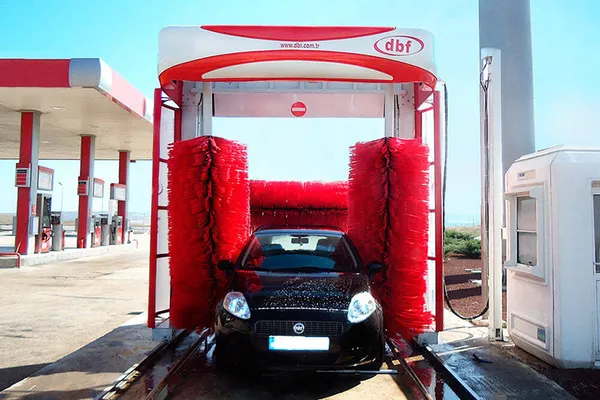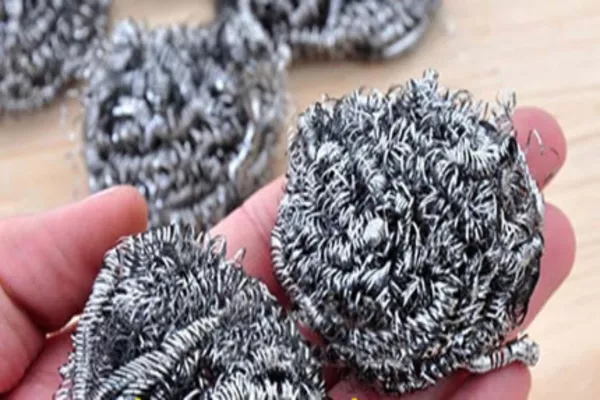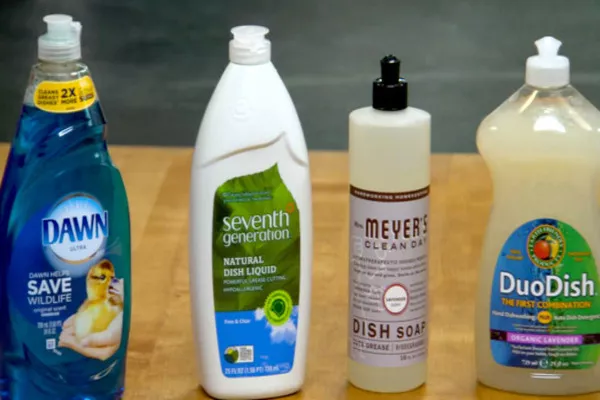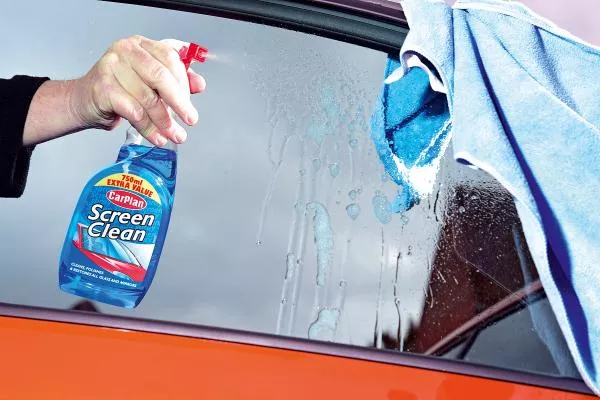The easiest way to maintain the beauty of your car is to have it regularly washed. Proper and thorough cleaning is required to maintain the finish of your car. In order to protect the car’s bodywork from corrosion, you would also need to have it waxed every 3 to 6 months.
Your car’s paint can be cinch to maintain, as long as you use the right cleaners and materials. But like it or not, there will be times when such equipment won’t be close at hand or even readily available. What’s a car owner to do?
Before you consider those regular household cleaners, bear in mind that they will actually do more harm than good on your car, as Philkotse.com will tell you.
1. Automatic car wash
Having your car cleaned in a drive-thru car wash sounds really tempting, especially as a lot of people don’t have the time to restore their car’s glistening glory. But does it really clean your car? At first glance, your car might appear spotless because of the white walls and bright lights. But a closer look at the car wash machine’s shaggy strips and bristles yields a filthy hive of scum and road grime.
Have you ever thought how many dirty cars have been through that automatic car wash? Then consider that you’re going to wash your car with the same bristles and strips that were used for the cars before you. That’s just disgusting. There’s also no guarantee that your car will be thoroughly cleaned at all.

Using an automatic car wash is no guarantee of a proper cleaning
It’s like being in a public shower, and then having to use the same loofah and drying towel that have been used by everyone else who came before. Yikes! Not only do they not clean your car as well as they should, they might also leave scratches on the bodywork and the wheels.
Also, an automatic car wash doesn't completely dry your car, carrying a high risk of corrosion build-up in areas that where some water or detergent remained.
2. Steel wool
When you encounter caked-on road grime on the under chassis, tar balls in the alloy wheels or salt deposits in the exhaust tips and side sills, you’ll be tempted to use one of the most abrasive cleaning material at your disposal – steel wool.
You might think that a piece of steel wool can help you get rid of those hard to remove dirt, but this cleaning material should be avoided, but the thought of it might make the most fastidious car owners faint. After all, steel wool is practically guaranteed to score and damage the various surfaces on your car.

Steel wool is a no-no when cleaning your car’s surface unless you want to remove the paint on purpose
>>> Must-read: DIY car cleaning tips: Top 7 car wash equipment for drivers in the Philippines
3. Dishwashing soaps and liquids
You might be tempted to resort to using dishwashing soaps on your car in case you run out of proper car shampoo. After all, dishwashing soap can make kitchenware absolutely gleam with pride, so it can be used on your car’s body too, right?
Wrong. Dishwashing detergent cleans out pots, pans and dishes by removing the oil residue that would normally mix with water. Try using it on your car’s surface, and watch the paint fade as the protective oil and wax are stripped away by the detergent. It wouldn’t be a good idea to pinch pennies when it comes to washing off the dirt and grime, by sticking to products specially formulated for the car’s finish.

Many car owners are still using dishwashing soaps and liquids because they don’t have enough budget for car shampoo
4. Rags and rough towels
The best thing to use when drying your vehicle after a thorough wash is a microfiber towel or clean cotton cloth. This is to make sure that all the moisture is absorbed. However, many car owners can be careless; after using the towels and cloth, they simply let them air dry. Then they would toss the towels back into the cleaning box or bag together with the other cleaning materials, instead of washing them thoroughly before storage.
You might think that these microfiber towels are already cleaned and dried, but a closer look will show that they can still be loaded with bits of dirt, grit and grime; these are sure to leave scratches and swirls on your pristine car coat during the next cleaning.
To be on the safe side, have those microfiber towels thoroughly washed before stowing them in their proper containers. Also, always use separate towels for the upper and lower portions of the car, taking care not to interchange them.
Avoid using standard bath towels for the same reason: their absorbent nature cannot possibly compensate for the surface damage they’ll cause, on account of their rough texture and seams.
5. Glass cleaner
Glass cleaner might do wonders on our windows and mirrors at home, but using them on your car might have consequences. For one thing, these glass cleaners can leave stains and discoloration on your dashboard because of the ammonia present in them.
Also, some window films and tints become susceptible to peeling, bubbling and fading if the wrong cleaner is applied. With dedicated automotive glass cleaners, you’ll avoid the hassle of having to deal with these scenarios.

Glass cleaners leave stains and discoloration in your dashboard because of the ammonia present in them
Owning a car is more than just a status symbol; it also entails a big responsibility on your part. You’ll need to make sure that it is in its best condition, as well as clean inside and out. Washing the car once every few days can help you maintain shiny finish, along with a periodic application of car wax. As car owners, we want our car always looking its best.
Just be mindful of certain cleaning materials that have no place anywhere near your car.
Recent posts
- Secrets on how to clean your seat belts like a pro Jan 12, 2019
- Dos and Don’ts of Washing a Car: Squeaky Clean over Scratchy Clean Feb 18, 2019
- Must-know steps on how to clean different types of car seats Sep 12, 2018
- 4 steps to keep a white car clean Dec 08, 2017
- 7 surprising uses of vinegar for car cleaning Nov 30, 2024












